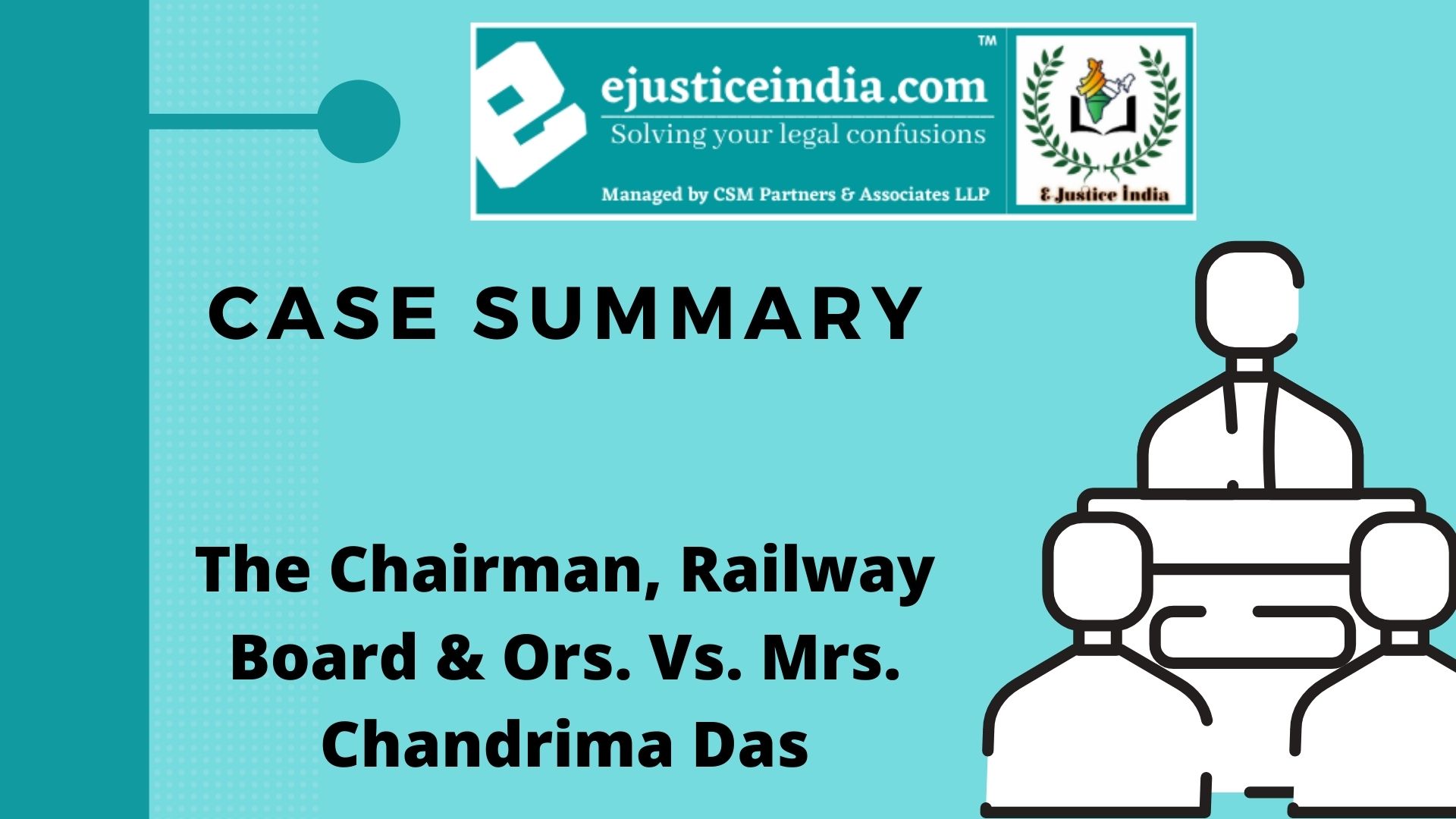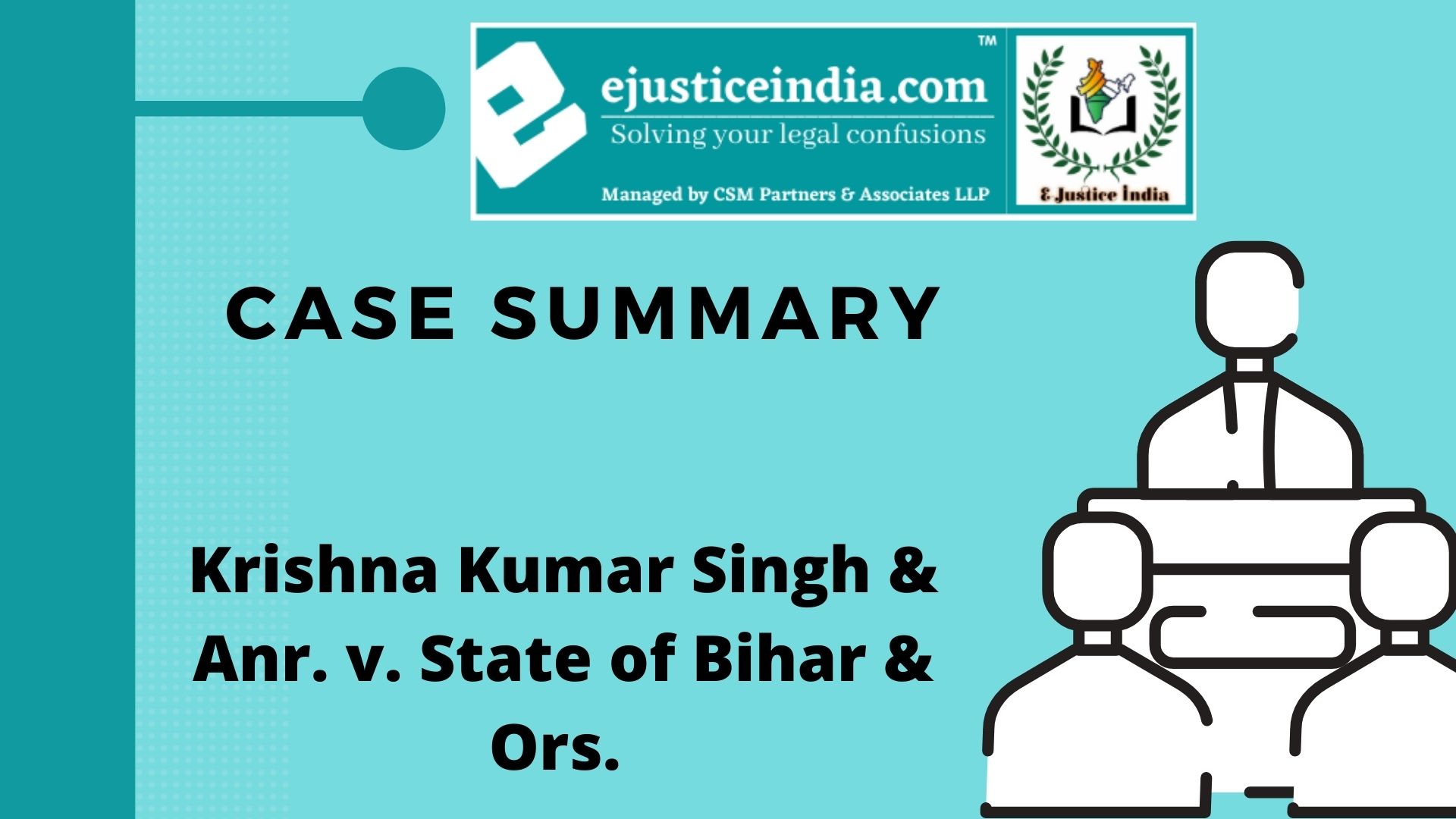EMMANUEL VS STATE OF KERALA
CASE NAME : EMMANUEL VS STATE OF KERALA
AUTHOR : VARNIKA VERMA
CITATIONS
AIR 1987 SC 748
1986 Cri LJ 1736
MANU/SC/0061/1986
1986 (2) SCALE 217
(1986) 3 SC 615
[1986] 3 SCR 518
BENCH
Justice Reddy O. Chinappa
INTRODUCTION
The Supreme Court of India noticed that the school children were dismissed for not singing the national anthem as it was against their religious faith as Jehovah’s Witnesses which violated their right to freedom of expression.
The representatives of the children argued that the expulsion was an infringement of their fundamental rights as mentioned under Article 19 and Article 25 of the Constitution of India.
The Court stated that fundamental rights are subjected to some restrictions, but there were no provisions of the law that obligated individuals to sing the national anthem and the State of Kerala’s Department of Education lacked statutory force to require school children to participate.
FACTS
- In July 1985, three children were expelled from their school because they refused to sing the national anthem of India “Jana Gana Mana.” Although they silently stood during the morning assembly of the school.
- They refused to sing the anthem because it was allegedly against their religious faith of Jehovah’s Witnesses but they never disrespected the national anthem.
- When the children were dismissed from school, their father filed a writ petition in the High Court of Kerala State, contending that the expulsion was in violation of the rights to freedom of expression and freedom of religion, as protected under Articles 19 and 25 of the Indian Constitution respectively.
- The Court of Kerala dismissed the case and stated that “no words or thoughts” in the national anthem was capable of offending religious convictions.
- In accordance to Article 136 of the Constitution, the father later filed a special leave petition in the Supreme Court of India.
ISSUES
Whether the dismissal of three children from the school for their refusal to sing the national anthem of India was consistent with the constitutional rights to freedom of expression and freedom of religion ?
JUDGMENT
The Court relied on the decision of the High Court of Australia in Adelaide Company of Jehovah’s Witness v. Commonwealth and held that standing up silently for the national anthem “clearly does not either prevent the singing of the National Anthem or cause disturbance to an assembly.
The Court also held that that the expulsion from school violated the children’s rights to freedom of expression and religion. Kerala High Court’s decision was set aside and the order was given to the State of Kerala to readmit the children to school.
It concluded by stating: “Our tradition teaches tolerance, our philosophy preaches tolerance; our Constitution practices tolerance; let us not dilute it.”


